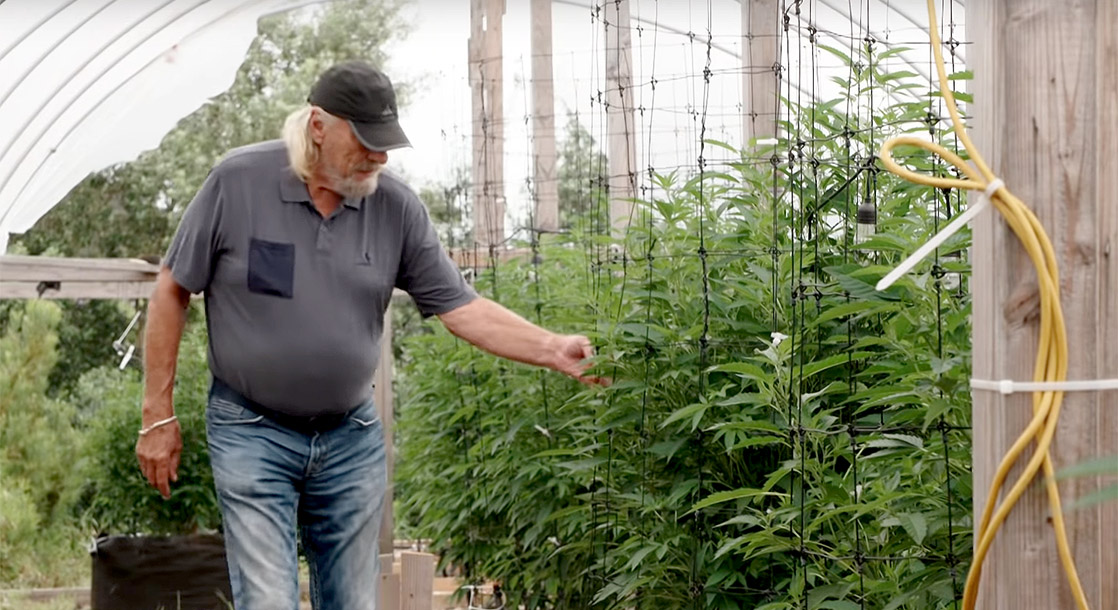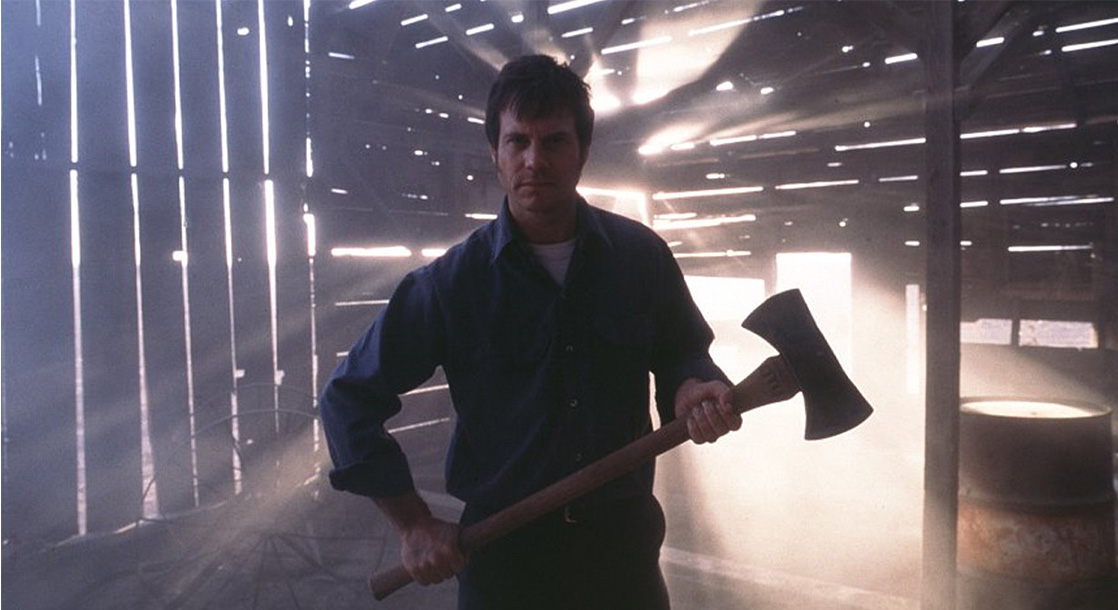Photo by Ken Lund via Flickr
Attorneys for the U.S. Department of Justice (DOJ) have finally admitted that they were in the wrong to pursue federal charges against five Washington state residents who were legally growing cannabis under the state's medical marijuana law. The DOJ has been prohibited from spending money to prosecute state-legal medical cannabis patients and providers for the past several years thanks to the Rohrabacher-Farr amendment, which was added to an Obama-era spending bill in 2014.
In 2012, Washington police raided the home of Larry Harvey after discovering more than 70 cannabis plants being grown nearby. Harvey, along with three family members and a friend, were charged with distribution of marijuana, conspiracy to distribute marijuana, and a violation of firearm laws. The five defendants, who became known in the press as the Kettle Falls Five, maintained that their cannabis grow was fully compliant with the state's medical cannabis laws, which were enacted in 1998.
Larry Harvey died from cancer in 2015, but his 59-year-old wife, Rhonda Firestack-Harvey, was sentenced to a year and a day in prison for illegally growing cannabis. Her son, Rolland Gregg, was sentenced to 33 months in prison for the same crime, and his ex-wife, Michelle Gregg, was also sentenced to a year and a day. The fifth defendant, Jason Zucker, accepted a plea deal to testify against his friends.
The three remaining defendants appealed their sentences, and fortunately this week found relief as DOJ attorneys admitted that the department “was not authorized to spend money on the prosecution of the defendants after December of 2014 because the defendants strictly complied with the Washington state medical marijuana laws.”
In a brief filed in the U.S. Ninth Circuit Court of Appeals this week, the attorneys noted that the “court determined that [Rohrabacher-Farr] prohibits the Department of Justice from spending funds for the prosecution of individuals who engaged in conduct permitted by the state medical marijuana laws and fully complied with the laws,” and that this prohibition was applicable even though the case was originally prosecuted in 2012.
The Rohrabacher-Farr amendment eventually succeeded in protecting the Kettle Falls Five, as well as countless other state-legal medical canna-businesses and patients, but its fate is currently in jeopardy. Attorney General Jeff Sessions has been lobbying Congress to block the renewal of this amendment, writing a letter to legislators claiming that it was granting immunity to drug smugglers and cartels.
California Rep. Dana Rohrabacher, one of the original sponsors of the amendment, said he doesn't believe Sessions' pressure has convinced any legislators to reconsider their support of the legislation. “There are dozens of Republicans who realize this is a really bad political move,” agreed Oregon Rep. Earl Blumenauer, cannabis reform advocate and supporter of the current version of the amendment.
“Marijuana got more votes than Trump,” Blumenauer told the LA Times. “There are millions of Republicans and independents who voted for it. There are 20 million people a month who use it.” Regardless, the future of the amendment is still uncertain. Last month, the House Rules Committee blocked the amendment from going before the full House for a vote. Fortunately, supporters were able to add a limited version of the amendment to a recent bill allocating disaster relief for hurricanes Harvey and Irma. The current amendment extends protections for state-legal cannabis patients and distributors until December 8th, after which it will be up to Congress to decide if and how to protect voter-approved medical cannabis programs across the country.











